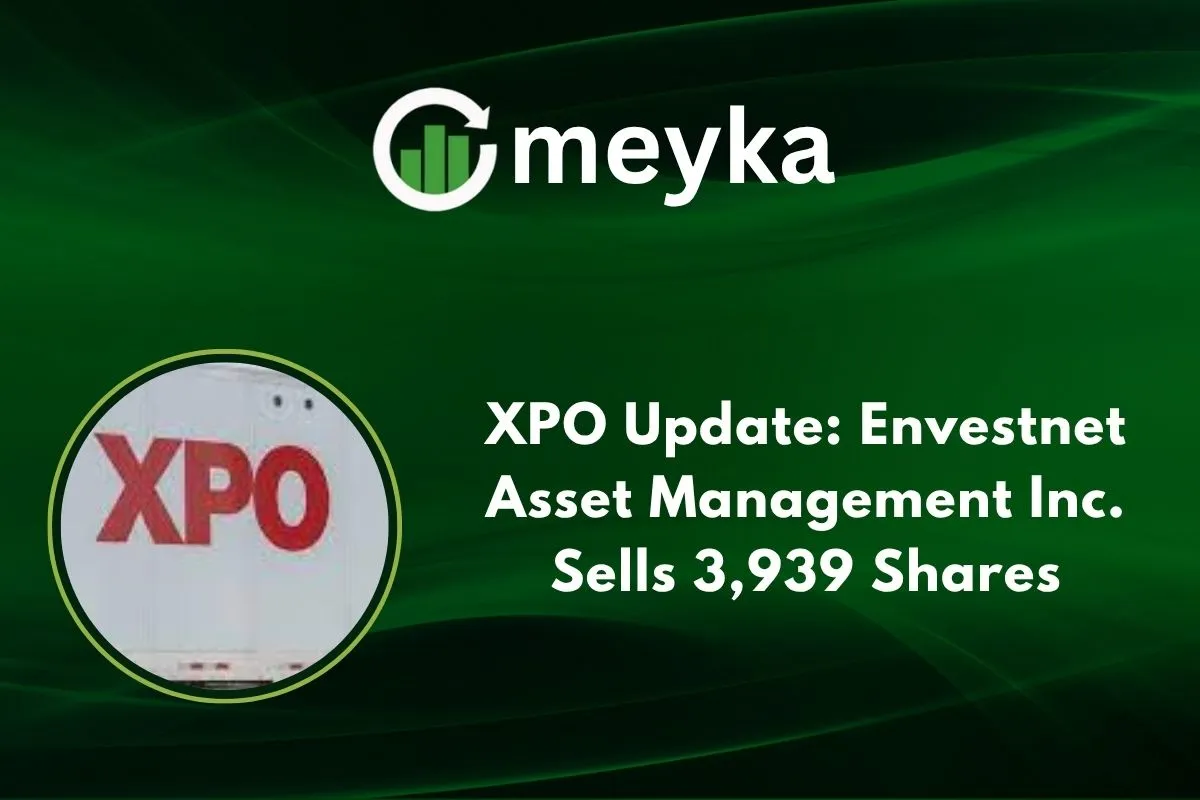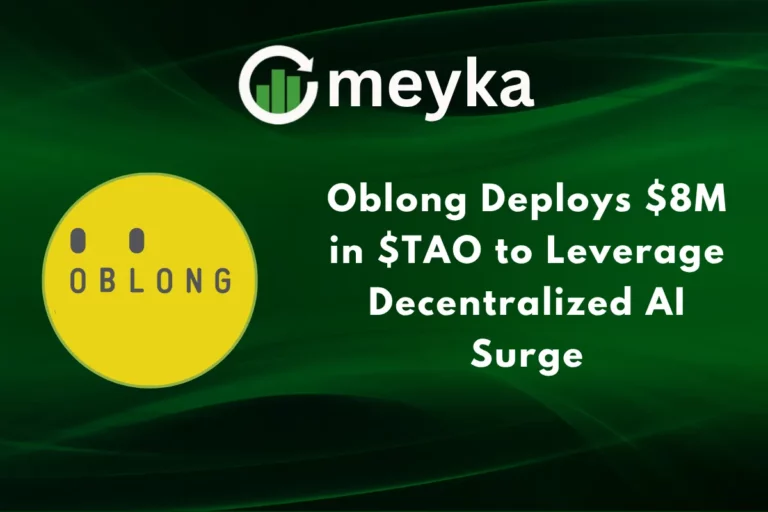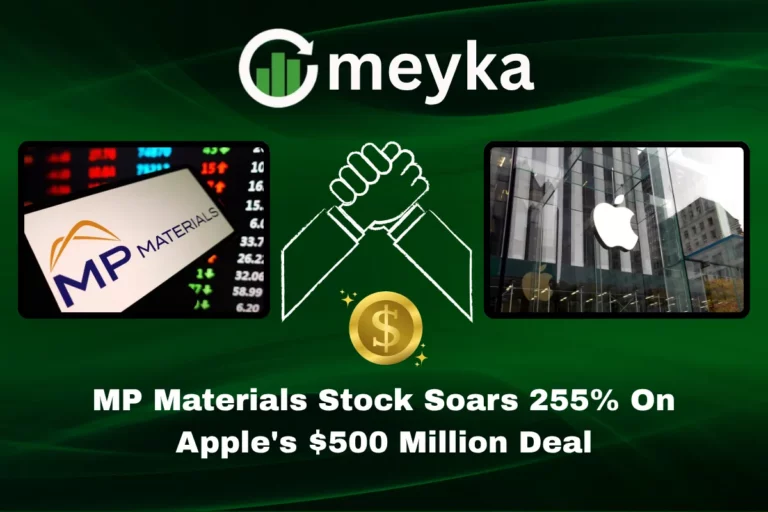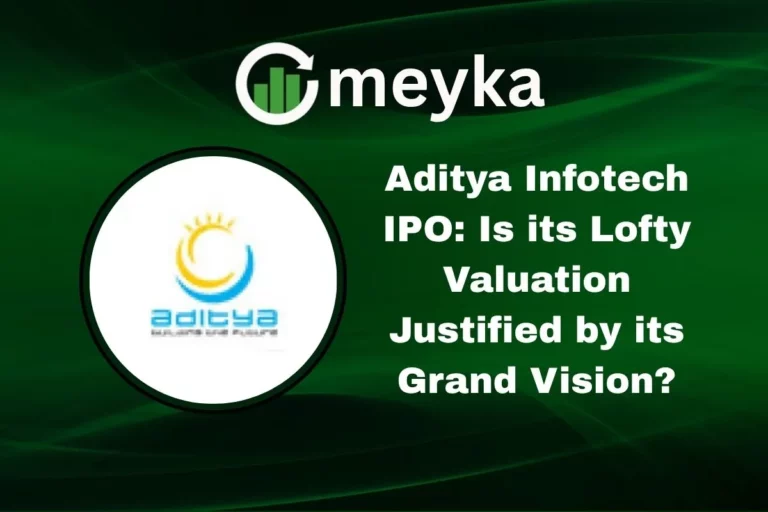XPO Update: Envestnet Asset Management Inc. Sells 3,939 Shares
We’ve learned that Envestnet Asset Management Inc. reduced its stake in XPO, Inc. (ticker: XPO) by selling 3,939 shares. This move may seem modest, but when an institutional investor steps back, it often raises questions for all of us watching the stock. In this piece, we’ll dig into who Envestnet is, what drove the sale, how XPO is performing, and what it could mean for you as an investor. We’ll keep things clear and direct, no jargon, just useful facts.
Continue Reading on Meyka
This article is available in full on our main platform. Get access to complete analysis, stock insights, and more.
Read Full Article →





